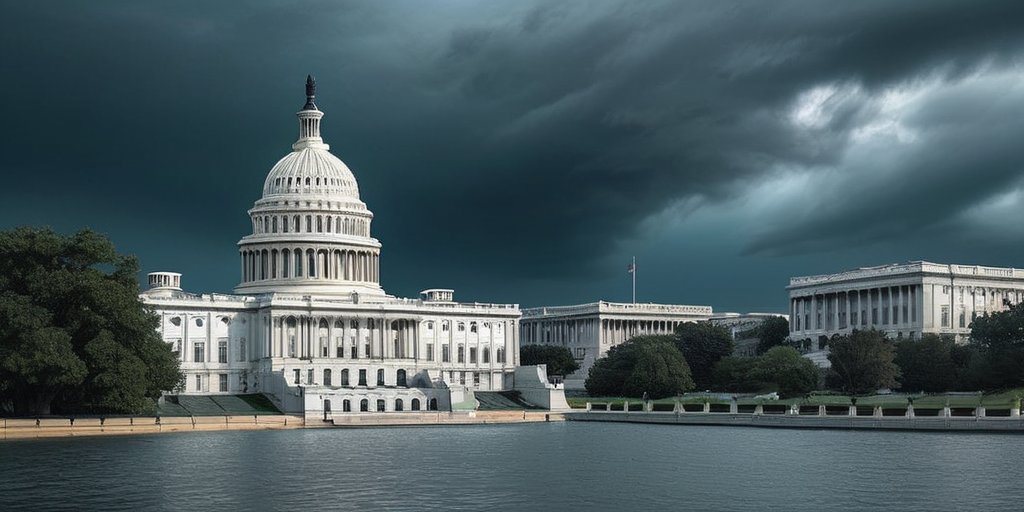In a dramatic turn of events, Republican Senator Thom Tillis of North Carolina has announced he will not seek reelection in 2024, following mounting tensions with former President Donald Trump. This move comes just after Tillis voted against Trump’s ambitious fiscal package, known as the One Big Beautiful Bill Act, which has dominated recent political conversations. His opposition not only drew ire from Trump but also highlights a growing divide among Republicans.
Senator Tillis stated that he believes independent thinkers are increasingly becoming an “endangered species” in Washington, a sentiment reflecting his frustrations with the current political climate. His decision adds pressure to the Republican party as Trump threatened potential challengers for representation in North Carolina, signaling his intolerance for dissent within his ranks.
In his statement, Tillis expressed pride in achieving bipartisan victories, even if it meant facing backlash from his party. He pointedly criticized the proposed spending and tax cuts bill for its potential to devastate Medicaid funding in North Carolina, affecting vulnerable populations including the elderly and low-income Americans.
Tillis remarked, “I did my homework on behalf of North Carolinians, and I cannot support this bill in its current form,” underlining his commitment to the people he represents. His critique aligns with broader concerns about the healthcare implications of the bill, as estimates suggest nearly 12 million Americans could lose health coverage if the changes are enacted.
In response to Tillis’s dissent, Trump did not hold back, labeling him a “talker and complainer” and threatening to support other candidates who align more closely with his policies. The Republican party stands now at a crossroads, where the tension between traditional conservatism and Trump-led populism will undoubtedly shape the upcoming elections. As speculation rises about potential challengers, including hints that Lara Trump, the president’s daughter-in-law, may throw her hat in the ring, the stakes of party loyalty and ideological integrity are clearer than ever. With the future uncertain, the dynamics of Republican politics will be tested in the months leading to the midterm elections.
Former President Trump’s influence remains a powerful force, but the question remains: will the Republican Party embrace its diverse voices, or continue to consolidate under the Trump’s narrative of loyalty? The outcome will not only decide seats in Congress but could redefine the party’s identity in the years to come.
